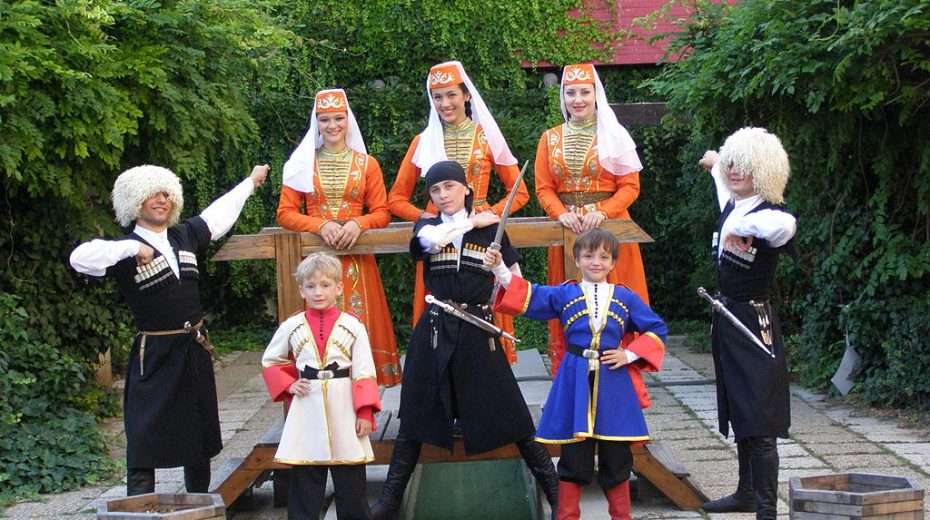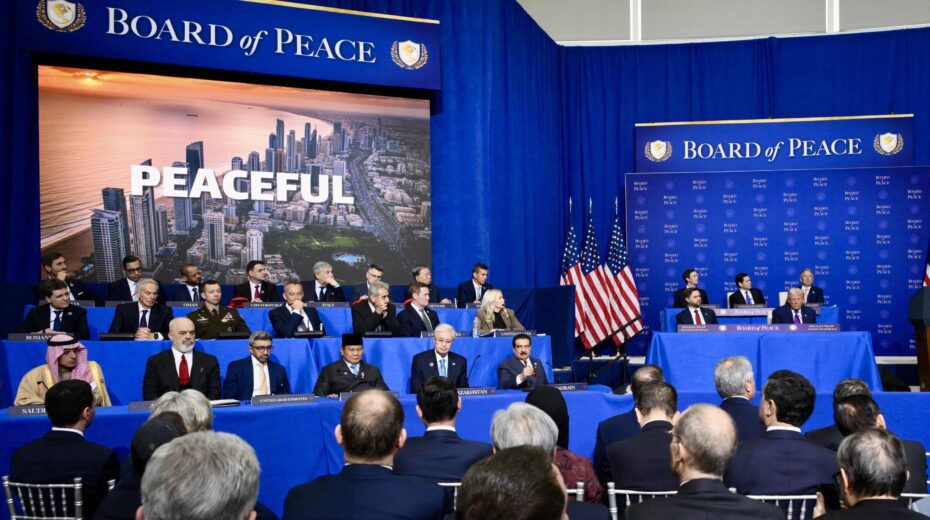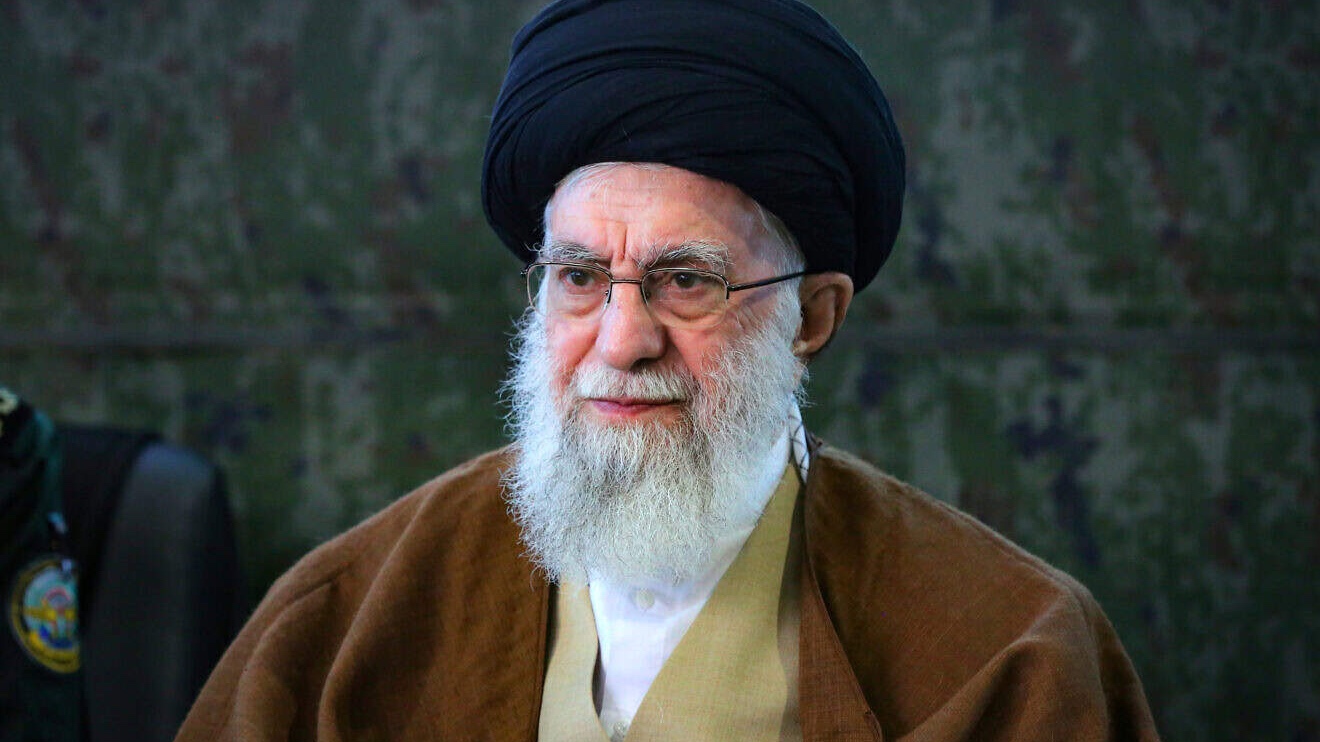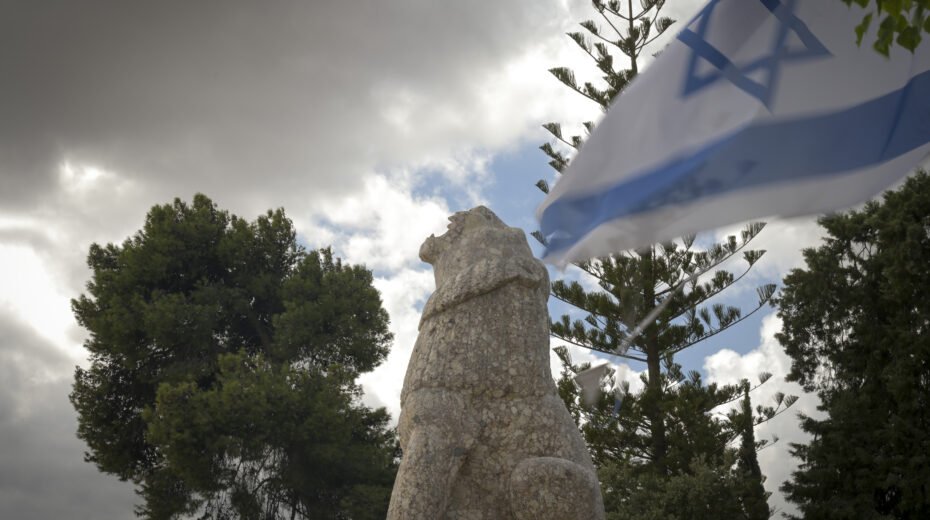There are only 5000 of them in Israel. They live in just two villages; many are blonde and blue-eyed; they used to be an all-Christian community; today they are Sunni Muslim; they see themselves as fully integrated into the Jewish state. And they love this country.
The Circassians, who also go by the name of Adyghe (pronounced Adi-gay), are listed among Israel’s non-Arab minority groups along with Arameans, Armenians, Assyrians, Copts and Samaritans.
Having entered the land as refugees in the 1800s after fleeing their homeland, Circassia, in the Caucasus Mountains, almost the whole Israeli population today live in the two Galilee villages of Kfar Kama and Rehaniya.
In 1948 the Circassians fought alongside the Jews against the Arab enemies of the new State of Israel, and until today they do military service in the IDF.
Kfar Kama, the larger of the two villages (pop 3000), was among 32 “Best Tourist Villages” recognised Tuesday by the UN World Tourism Organisation (UNWTO). These communities are described as “outstanding example[s] of a rural tourism destination with accredited cultural and natural assets, that preserve and promote rural and community-based values, products, and lifestyle and have a clear commitment to innovation and sustainability in all its aspects – economic, social and environmental.”
The village features some unique architecture, including the famous “Marseille roof tiles”, and has a museum of Circassian culture.
In 2022 The Jerusalem Post reported that a large 6th Century church compound was uncovered in Kfar Kama during salvage excavations ahead of the construction of a playground.
“With assistance from the Israeli Ministry of Tourism, the village as been holding tourist festivals where visitors can taste Circassian cuisine, watch traditional dances, experience a sound and light show, and join guided tours of the village,” reported the Tatzpit Press Service (TPS).
In a statement quoted by TPS, outgoing Tourism Minister Yoel Razvozov said that Kfar Kama’s recognition as a tourist village “will transform it into a centre for pilgrimage by many tourists and will have an important positive impact on the rural surroundings in the Galilee.”










